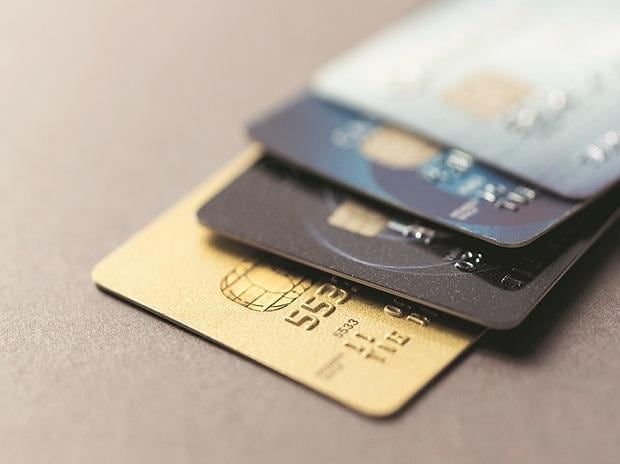In this connection, it recently set aside a ruling by a single judge of the High Court.
Also Read: RBI likely to maintain status-quo on key interest rates, say experts
Challenging the IGST levy, the loanee argued that even though possession of the credit card entitled him to the loan but advancement of loan had nothing to do with the credit card. He contended that it was an independent agreement where the bank offered the loan, interest charged on the loan was not for use of the credit card, and installment amount was reflected in the credit card statement only for the purpose of payment of EMI.
A single-judge bench of the high court had ruled that the interest component of EMI is not exempt from IGST. The court had held that the services rendered by the bank by way of extending the loan amounted to credit card services.
According to a notification issued by the government in 2017, interest on loans is exempt from IGST but that exemption is not available to credit card services.
The bank argued that after accepting the condition of paying IGST at the time of taking the loan, the loanee cannot retreat.
However, the two-judge bench said accepting a condition prohibited by law does not make it legally enforceable.
The court said the government notification in 2017 does not include loans given to a credit card holder as credit card service.
The court said any exceptions made with regard to the category of loan, namely credit card holder or other borrowers, will go against the letter and spirit for which loan schemes are made. It will also violate Articles 14 and 21 of the Constitution. A banking institution has a discretion whether to give loan to a credit card holder but once it chooses to grant loan to him it has to treat the loan similar to other types of loan. It cannot treat the same as credit card facility and charge GST on it.
The court directed the GST authorities to immediately refund the IGST to the bank, which in turn will refund the amount to the loanee within three months.











